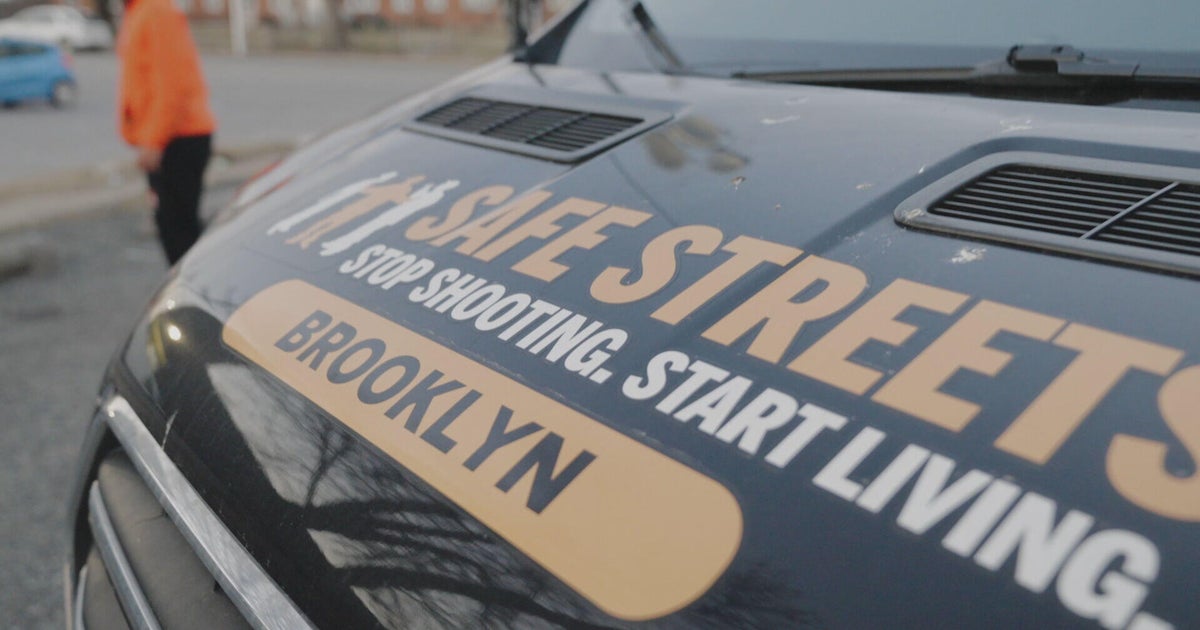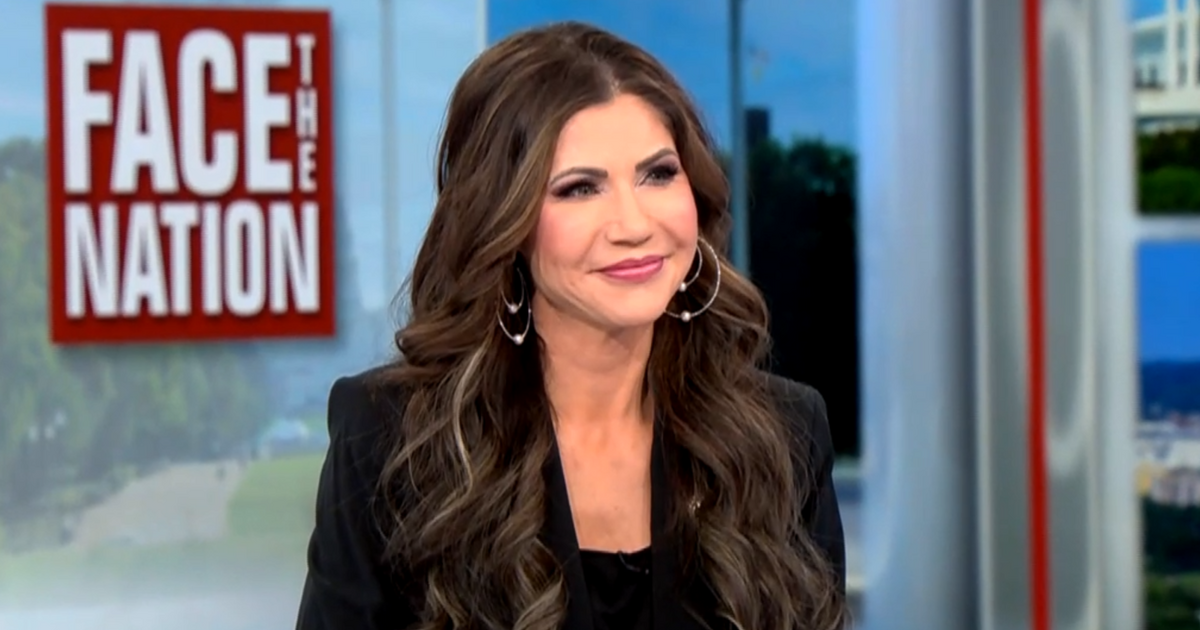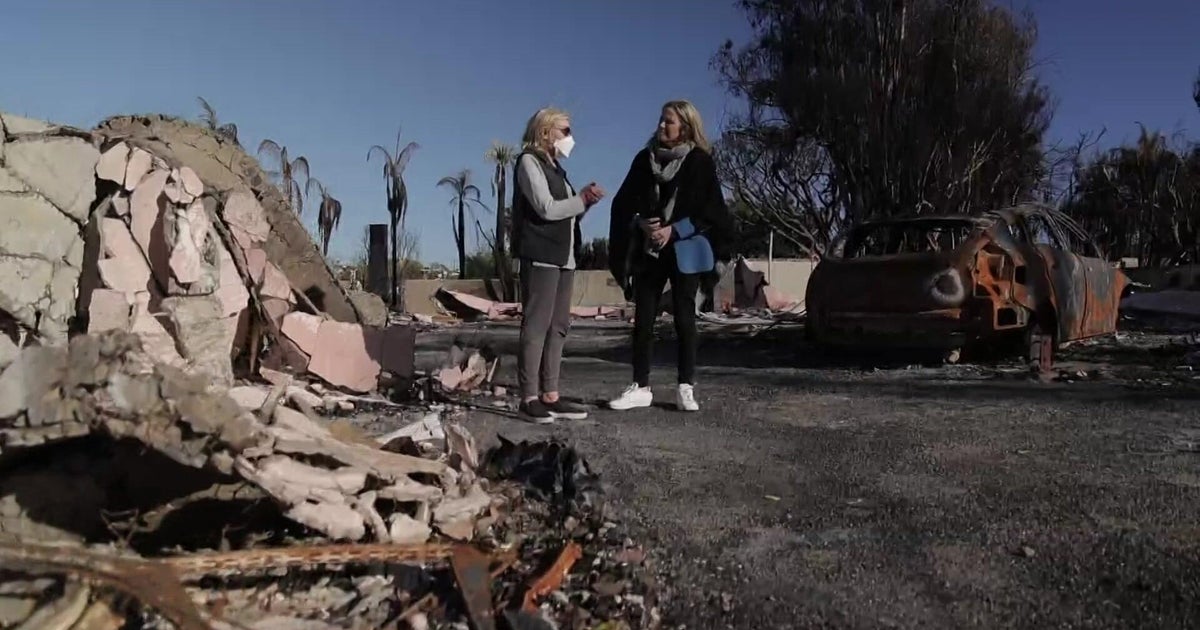Baltimore, once a poster child for big city crime, is now becoming the model for a turnaround as gun violence has fallen more rapidly than in any other major U.S. city, according to the Center for American Progress.
One way the city has reduced crime is by tapping into the expertise of people who used to perpetrate it.
Sean Wees grew up in Brooklyn, a neighborhood in south Baltimore, where he saw the violence firsthand. In 2015, that violence hit close to home when his younger brother Nadeem was shot and killed. He was 24 and his death was one of the nearly 300 shooting deaths in Baltimore that year.
“That was the moment that made me sit down and evaluate life,” Wees said.
A few years after his brother’s killing, Wees joined Safe Streets Baltimore, a city-run anti-violence program that works to prevent crime by hiring some experts in the field: people with criminal records. The program launched in 2007, using what it says is a public health approach that involves utilizing “trusted messengers.”
“To do this work, you have to have a rapport with the guys in the community. That’s how the program was designed — for people from the community. We’re motivated every day just because we are Brooklyn,” Wees said.
Wees and his team patrol the streets wearing bright orange uniforms. They walk through “hot zones” — the areas where most of the violence take place. They mediate conflicts and offer resources, including food or job training.
“They know you’re here for them for the support and they can pretty much come to you about anything,” Wees said.
City leaders say the approach is a big part of why Brooklyn recently went a record 472 days without a single homicide. Baltimore-wide, gun deaths have dropped 45% in the last six years, according to an analysis by CBS News.
Baltimore isn’t alone. Forty-one states have dedicated funding for violence intervention programs, according to gun safety advocate Everytown. Reports show programs like this in cities including Chicago, Philadelphia and Richmond, California, have decreased shooting and killings by more than 30%.
“For far too long, not just here in Baltimore, but across this country, we put the full weight of reducing violence on the backs of police officers. And that was wrong,” Baltimore Mayor Brandon Scott said.
When asked about the potential risk in hiring former criminals, Scott said, “If we want to solve and cure this disease, we have to go to the people who understand it better than anybody else.”
While Wees says there has been “good work and progress,” he’s hesitant to call the program a success because he believes there’s far more work to be done.
Anna Schecter and
contributed to this report.




